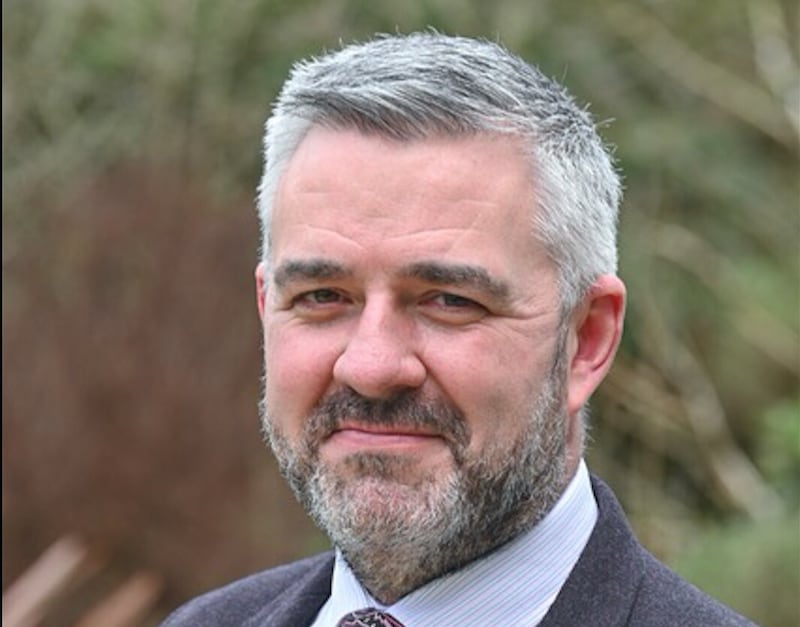Police officers expect severe cuts in the PSNI budget with frontline services facing drastic reductions, though Secretary of State Chris Heaton-Harris revealed little more than headline totals on Thursday.
The Department of Justice non-capital allocation for the year is slightly less than 2022/23 but in real terms, taking into account inflation and rising costs, it means a fairly hefty cut in the overall available spending.
In total, the secretary of state has allocated just over £1.2bn to justice, though in addition available capital money increases from around £80m to £128m. A large share of the justice budget is spent on the police.
Liam Kelly, the chair of the Police Federation said officers know "what’s coming down the tracks will be painful and involve swingeing cuts in the policing budget".

"All we got today were headline departmental totals and must await the detail from the Department for Justice. Officer numbers are deteriorating and will seemingly continue to fall and it’s inevitable that the policing frontline services will have to be drastically reduced.
"None of this is good for our officers, the service and the wider community."
Concerns are growing among the legal profession that the detailed budget, when it arrives, will have a potentially devastating effect on the public’s access to justice and the livelihood of some barristers, particularly younger and female.
Barristers and solicitors are waiting to hear details of what will be allocated to the Legal Services Agency (LSA), which administers legal aid.
The legal aid budget is fixed but the service is demand led, which can lead to requests for top ups during monitoring rounds but also delayed payments.
Actual spend by the LSA in 2021/22 was £94m but that followed a spend of £20m less the previous year due to reduced work during the pandemic. There are fears the allocation may be only marginally above £70m.
The Law Society and the Bar Council, representing solicitors and barristers, have written jointly to Mr Heaton-Harris and the NI Affairs Committee at Westminster warning of a “catastrophe for access to justice” if publicly-funded legal services face further budget cuts.
David Mullholland, Bar chief executive, said “legally-funded public services exist to help people – quite often the most vulnerable people facing the most challenging circumstances".

“If cuts are applied to the Legal Aid budget, we are looking at a very real threat to the viability of many practices, particularly those of younger, female barristers,” Mr Mullholland added.
David Lavery, chief executive of the Law Society, said: “We are calling for the budget to prioritise and protect this vital support to the vulnerable members of our society.
“Failure to do so risks doing generational harm to Access to Justice in this jurisdiction. Looking further ahead – a new Executive must prioritise reform of the justice system before it ends up in a similar crisis to that of the health service.”
The Law Society represents 6,000 solicitors while the Bar has 600 self-employed members.








